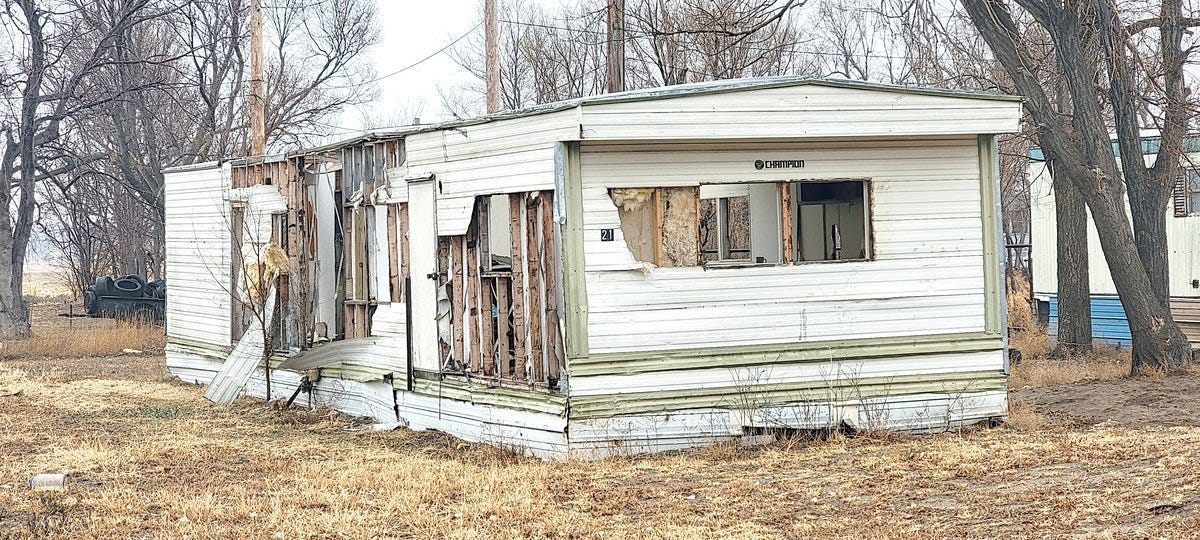Supposed to Last
What about war, drugs, stories, families, and the disposable?
An older man in a Vietnam veteran’s hat drove me from the terminal at DTW to the parking lot. While he did, we talked about wars and the military: the Army in which he had served, and the Marine Corps in which I had served. He said I was the man. I said, that’s what I tell my wife.
We talked about casualty counts, civilian reactions to Vietnam vets, anger…years of resentment, but also grace. It was an 8 minute drive and we covered a lot of ground. He was drafted for the Army and said that it saved his life. His name was Michael and he used to live in Detroit and shoot up with heroin on the regular. He twisted around in his seat and looked at me as he told me that if he had not been drafted, the drugs would have killed him. He remembered that a drill sergeant stood a bunch of them, all fresh meat from Detroit, on the grinder and barked, “you are now United States soldiers!”
At that moment, Michael said, he was clean and he never used again. After the war he came back to Detroit and was a substance abuse counselor.
Drugs, mental illness, tech-induced loneliness, and general social / cultural disintegration have caused informal story-telling to recede as a social happenstance. Whether you like all the wars or not, they do give us stories to tell, and at least for me, stories do the best job of illuminating and enriching experience. Much better than lectures anyway.
When I was preparing for my last deployment, several Marines in my unit died when a truck they were in slipped off the road at a steep, mountainous turn in the road on Camp Pendleton. For those of you who know the area, it was the big bend just above Las Pulgas. One of the Marines who died had a young wife who was also a Marine. I remember the night this all happened and the muted aftermath of sadness when the command pulled the young wife aside to tell her about her husband.
I’ve included below a poem I wrote trying to imagine what the aftermath of that death might have meant for those young people and their families. Other than the death, it’s fictional. I don’t know their true stories in detail. But I do know many stories about where Marines come from and where they go.
The poem figures the parents of the Marine who died as midwestern farmers living in my part of the world and dealing with all the problems people in my part of the world have to deal with: little money, less opportunity, confused and confusing layers of government bureaucracy gradually sapping them of their agency, illness, disposableness, and the disintegration of multi-generational families as kids flee home for college or the military. They rarely return.
The poem shows all those local and contemporary conditions colliding with the ancient and primal desire of families to draw together especially in sickness, death, and tragedy. The disposable nature of the mobile homes in the poem is something of a symbol for the predicament. How can a home be a home and also not supposed to last?
Supposed to Last
West of Litchfield just a couple miles
then south at the dirt road Oak Grove—
this piece was corn or soy until Dean retired
and in a stroke of genius that would have made
a rich man rich, but for him
just kept the bank and USDA at bay,
he dug a hole for the septic tank and field,
ran power to the parcel at the corner,
and it wasn’t long before a trailer wheeled
in and Cross Roads Acres Mobile Home
Community was born. By then, he’d had
a stroke, Julie had cancer, and their boy was grown.
They had a few bad years with the medical bills
and sold the farm in bits. The old brick house
was last to go and when it did they filled
a mobile home with what would fit and trashed
the rest. Their son got married and joined the Marines,
driving seven-tons, he grew up fast.
On the phone they told Dean all about
the accident: long days, sleepless nights, and the rain—
It wasn’t the first time that heavy equipment
slipped from the road and tumbled down the ravine
at the big curve above Las Pulgas, it’s just
that this time the load that spilled was Marines.
After all the formalities were done, their son’s
widow came to visit them. All she
had now was life insurance and at twenty-one
faced a big old world with a hole at its heart
like a little girl on the edge of the Grand Canyon
looking at all that space but not a spot for her.
Dean and Julie wanted to help, but having nothing
left to give, just invited her to stay.
For now at least, a piece of their lost Marine.
He walked her to the empty unit noticing as they passed
the siding cracked from cold and curled from heat.
It’s just vinyl, you know. It’s not supposed to last.




Pat, what year was this accident, unit etc? Had a similar one on a similar bend sometime around 2016. Lost a Marine, Cpl Lumaye, who was in a 7 ton headed for one last obligatory rifle range 2 weeks before EAS and going to college. The rest life flighted to local hospitals to be medsepped and crippled from then on. I think about it a good bit. Sucks like war, but different.